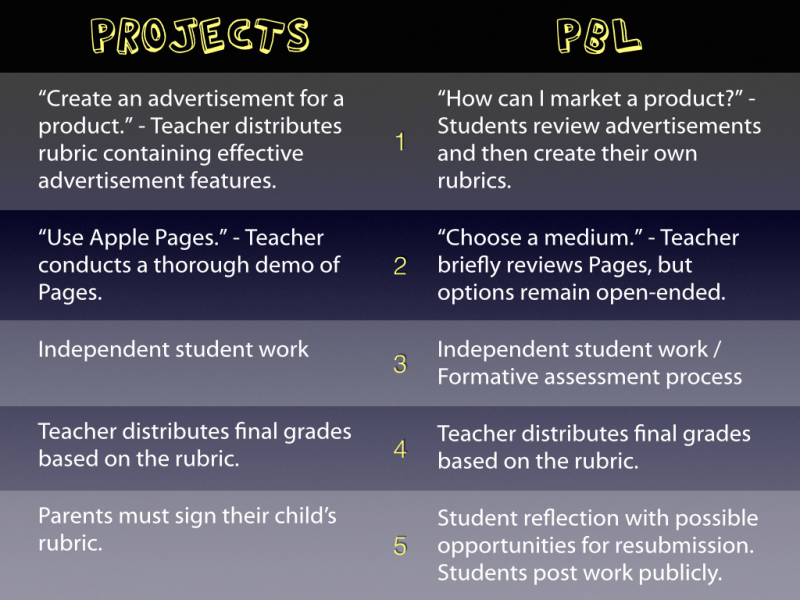This post is #3 in a series of 10 posts that serve as extensions of the 10 chapters in Hacking Project Based Learning, which I coauthored with Erin Murphy. This post is an extension of Chapter 3, which focuses on deciding on which content your project should focus. #HackingPBL
For all of the posts in the series, tap/click here.
When I taught fourth grade, I was initially met with skepticism from other teachers when I started to regularly engage my students in project based learning (PBL) and STEM (science, technology, engineering, mathematics). I think much of this apprehension existed because some of my practices did in fact perpetuate the myth that PBL was fluff and that the “real” teaching and learning takes place through more direct instruction. However, as I continuously reflected upon and refined my craft, many of these doubters went from, “That wouldn’t work with my students!” to “How can that work with my students?”
Looking back, I still think some of my original PBL practices were forgivable, simply because I had to begin somewhere (Don’t we all?). But, there are definitely some bits of advice I wish I had been given prior to getting started.
That being said, here are five ways to avoid project based learning fluff.
[Read more…] about 5 Ways to Avoid Project Based Learning Fluff #HackingPBL







